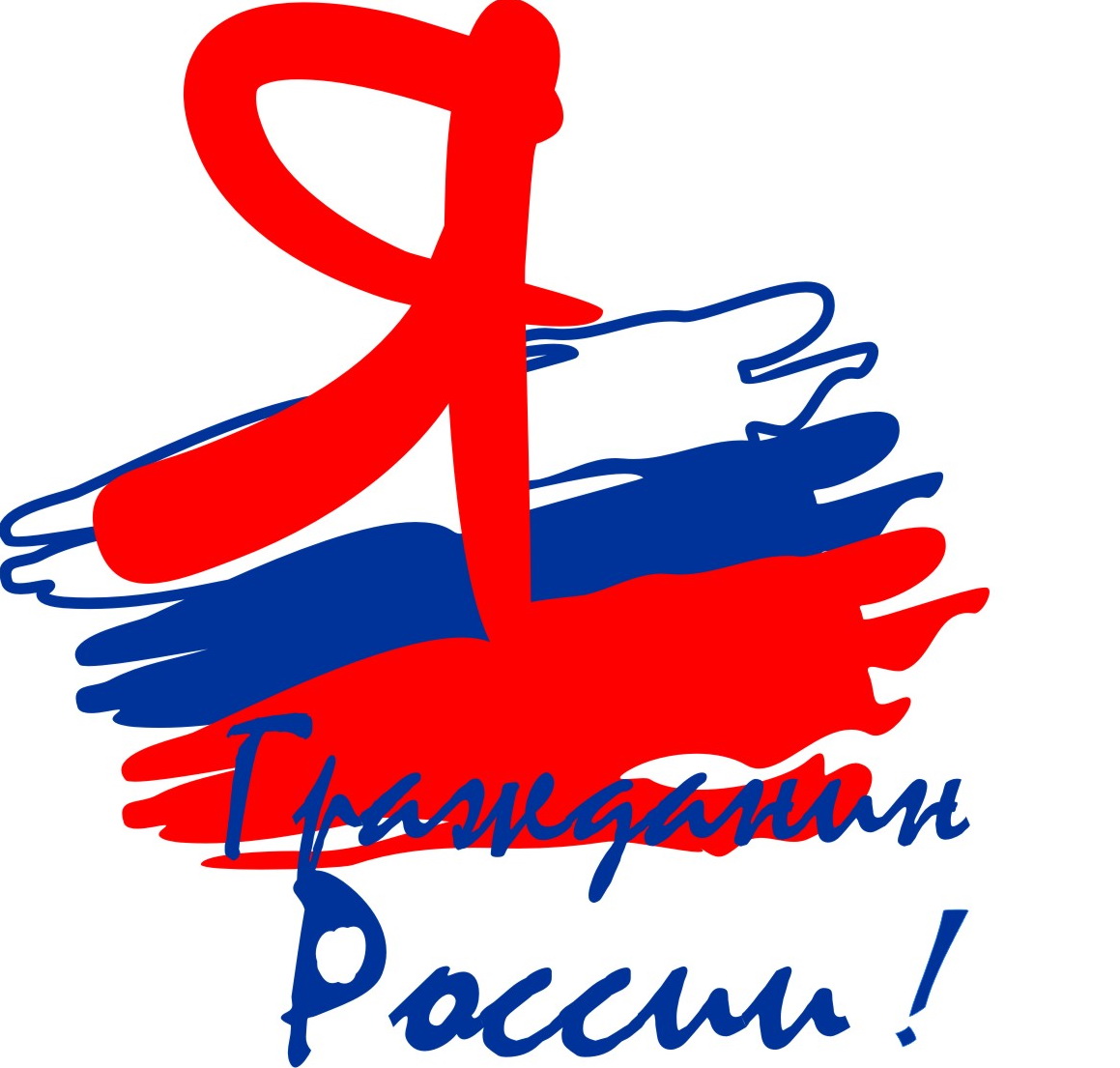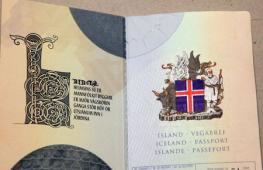What is the concept of citizenship and what are the principles of citizenship?
The concept of citizenship and principles of citizenship is very important not only for scientists, but also for all other people, because the relevant institute is central to constitutional law and other areas of the law.
A close connection is fixed by the basic rights and freedoms of a person, establishes a number of responsibilities that are imposed on the identity after the adoption of citizenship. It is part of the status of the person, determines its essence and features. Thanks to the institute, the population provides protection and restoration of rights in the event of their violation both within the state and beyond.
The most important laws that regulate the citizenship of the Russian Federation and the principles of citizenship of the Russian Federation are individuals of the Constitution of the Russian Federation, namely Art. 6, 61, 62, 63, as well as the Federal Law "On Citizenship of the Russian Federation" of 31.05.2002. № 62 - FZ. If the Constitution gives a general idea of \u200b\u200bthe citizenship of the Russian Federation, the content of the Federal Law includes the concept and principles of citizenship, key points, grounds for the emergence, termination and other issues.
The concept of citizenship
Scientists and specialists of the constitutional law of Russia determine the concept, essence and principles of citizenship as a key issue of the whole right, it is also sometimes called Indigente. Lawyers understand this phenomenon as a political and legal connection between a person with the state, as a result of the acquisition of which an independent supreme power, which operates within the framework of the state and beyond the physical person, is distributed. The concept, the basic ideas of the institution under study, its key questions are constantly being considered and analyzed by politicians, scientists, lawyers. Additions to the FZ are made, the main mass of them is aimed at expanding the circle of the possibilities of the population.
Indigente is a legal state of personality. A person who has the citizenship of a certain state maintains communication with him even if it is beyond. The Constitution of the Russian Federation and the Federal Law "On Citizenship" establish, specify the beginning of this connection. Under the principles of the Indigente of the Russian Federation, the initial provisions, prerequisites, basic ideas are understood, they are based on this or that phenomenon. It is important to understand that these are rules governing human and state policy issues. All principles of citizenship are united for all, the exceptions cannot be.
Basic principles
- The principle of unity.
In order to develop a legal state, it is necessary to provide people with their rights in a wide range. The provision shows that the basic principles and issues of the Indigente of the Russian Federation cannot display signs of any person's discrimination. The equality of all people before the law is proclaimed, regardless of social, property, legal status, racial, national, linguistic and religious affiliation. The principle of unified citizenship is the main, most important in the hierarchy, this is due to Art. 6 of the Constitution of the Russian Federation, which determines the federal structure of Russia.
- The principle of equality.
It has similar features with the previous rule, but he still has its own characteristics. Indigente is recognized as equal, no matter what grounds it was purchased. The law establishes the acquisition of Russian citizenship in connection with the birth of a person (Phonization), due to the entry into it (the process of naturalization), the restoration of the person, previously ceased, adoption. One of the grounds was the option - the process of adoption in connection with the change in the country's state border. For children there is a position. If parents accept the citizenship of the Russian Federation, then their child also automatically receives it. The situation in question is responsible for, regardless of what basis the status of Russian citizenship was adopted, all people are considered equal, differences in their legal status should not be.
- Principle of freedom.
The citizenship of the Russian Federation is a bilateral agreement between an individual and the state, at any time by mutual agreement of the parties, it can be terminated. The beginning is associated with the representation of voluntaryness, that is, no one can make a person accept citizenship, he does this on the basis of personal motives. The decision is made without external impact levers. A citizen may refuse Indeighenate or to defend another state and become a carrier of double citizenship. The agreement may be discontinued voluntarily, with the help of return option (change in parental citizenship).
- The principle of extraterritoria.
Indigente does not imply a person binding to the territory of one state. International agreements guaranteed freedom of movement of a person without restrictions. A citizen of the Russian Federation can move throughout the countries of the world, has the opportunity to live on any other territory. If the face left the limits of the Russian Federation, it will not be the basis.
- The principle of inalienability.
Legislation devoted to the Agreement between Man and the State made this idea relatively recently. Representatives of the second party cannot force the face of citizenship. In the context under consideration, under deprivation, a compulsory rupture of relations on the initiative of the state is unilaterally, not involving the consent of the personality on termination. Until recently, such a procedure was actively practiced, now it is prohibited by law.
- Principle of protecting citizens.
A person who has citizenship of the Russian Federation cannot be issued to another state or expelled outside the Russian Federation in a compulsory. The authorities of the country assign the duty to protect the personality, protect its interests, and expulsion is a direct violation. In the event that the person was committed to a crime outside the territory of the Russian Federation, it is criminalized and the application of criminal punishment. Responsibility comes in the event that the act is characterized as a crime, and according to the laws of that state, within which it was committed. There is also a consolidation in criminal law. Regarding administrative responsibility, the installation acts differently: a citizen may be subjected to her on the territory of another state.

The Russian Federation actively increases the number of its population by artificially. The Russian government favorably looks at the adoption of citizenship by persons living within the country without citizenship of the Russian Federation, or foreigners. In this case, the relevant documents require official confirmation of the status of a person.
By accepting the terms of the agreement, the personality can be sure that the country guarantees protection and patronage to its population, regardless of where his representatives are. Instead, some responsibilities are required. These include: respect for laws, other persons, the duty to get a common major education and others.
Additional Information
Persons who have adopted citizenship of the Russian Federation use some advantage in comparison with those without it or with foreigners.
The range of features of the first is much wider. So, for example, they have the ability to implement passive polling law: to be elected by open common honest voting.
The concept and principles of the Russian Indigente are the most important legal moments, without the development and research of which the formation of a democratic state is impossible. When the development of the institute occurs, the development of the state occurs, and therefore the update of its laws against citizens.
An important feature of this phenomenon is an individuality, that is, an individual and state agreement occurs separately with respect to each specific case. A legal entity or association cannot have citizenship.
You will also be interested



